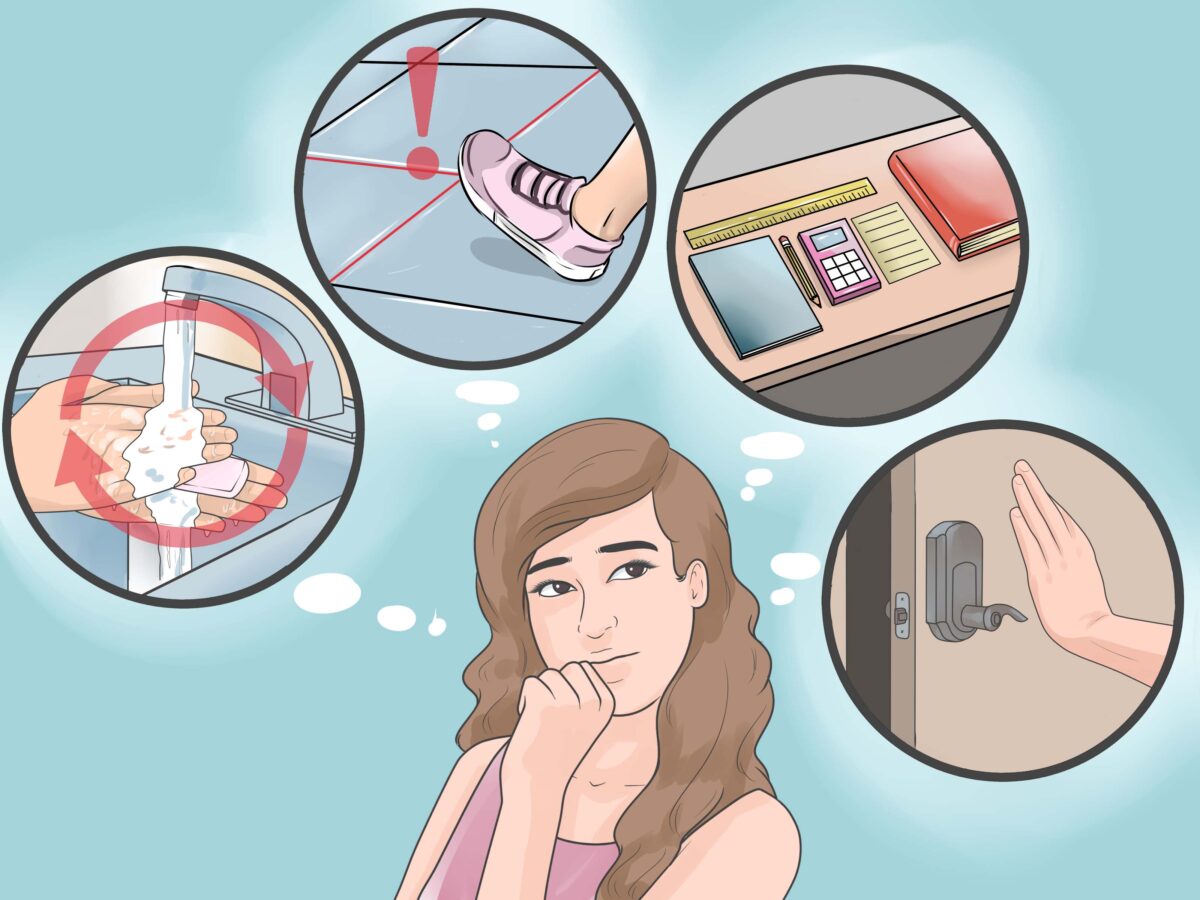Obsessive Compulsive Disorder (OCD) is a condition that can cause severe anxiety and distress. It affects up to 2.3% of the population and can be debilitating. It is characterized by intrusive thoughts and repetitive behaviors, such as excessive handwashing or checking. Fortunately, there are several effective treatments available to those suffering from OCD.
Cognitive behavioral therapy (CBT) is the most recommended treatment for OCD. It is a type of psychotherapy that focuses on changing behaviors and thought patterns to reduce anxiety and distress. It can involve a combination of relaxation techniques, exposure and response prevention (ERP), and other strategies to help the person learn to cope with their symptoms. If you are in search of treatment for obsessive-compulsive disorder, you may visit https://www.mmbhcare.com/ocd-treatment.

Image Source: Google
Medications can also be used to treat OCD. Antidepressants such as selective serotonin reuptake inhibitors (SSRIs) are commonly prescribed to reduce the intensity of obsessive thoughts. Other medications, such as antipsychotics and mood stabilizers, may also be recommended.
Other treatments for OCD include eye movement desensitization and reprocessing (EMDR), biofeedback, and hypnosis. These treatments are generally used in combination with other treatments, such as CBT and medications.
It is important to find the best treatment plan for you. This may involve a combination of different treatments and lifestyle changes to help manage the symptoms of OCD. It is also important to find a therapist who is experienced in treating OCD and to create a support network of family and friends who can help provide emotional support.
OCD can be a difficult condition to manage, but with the right treatment and support, it is possible to find relief from its symptoms. If you or someone you know is suffering from OCD, it is important to seek professional help to find the best treatment plan.
